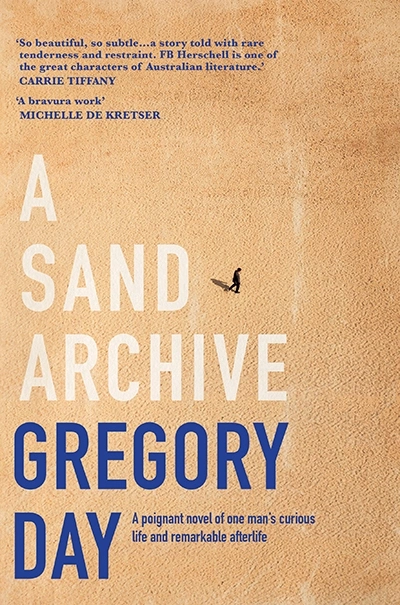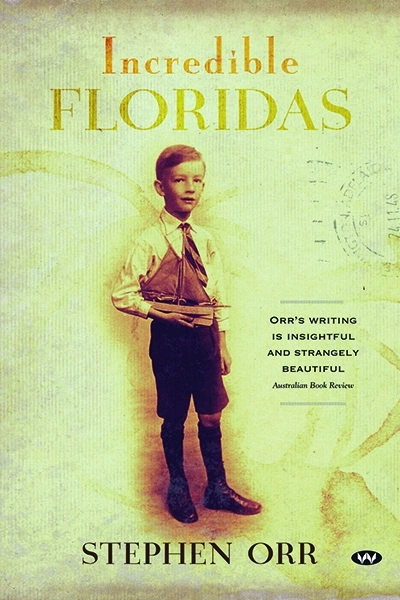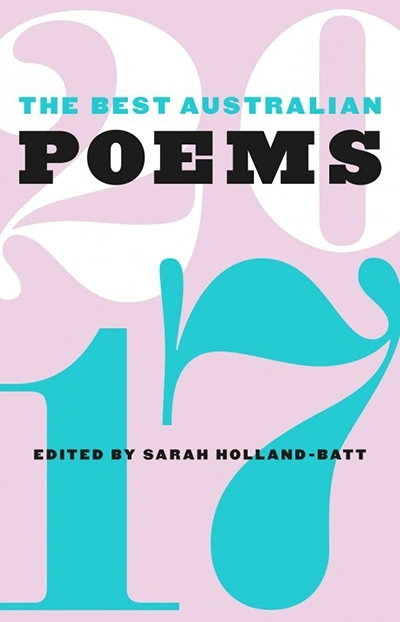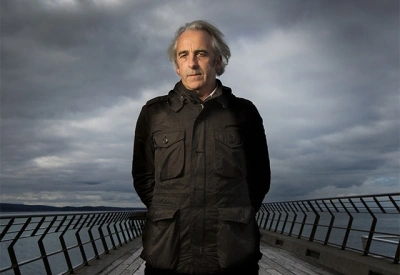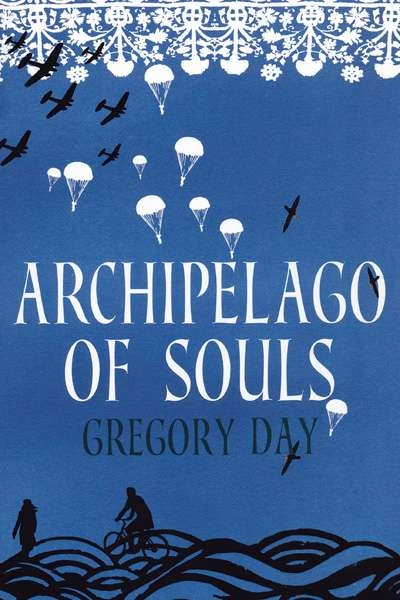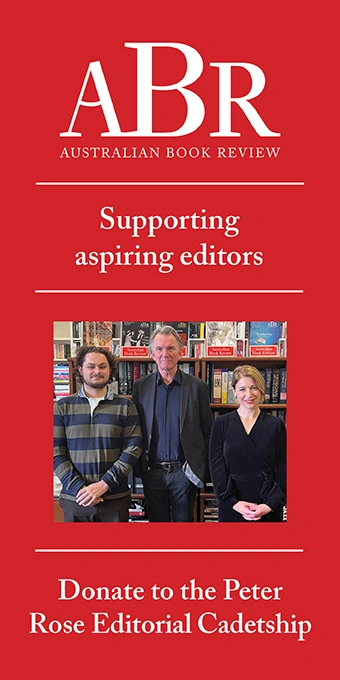Gregory Day
To celebrate the best books of 2018, Australian Book Review invited nearly forty contributors to nominate their favourite titles. Contributors include Michelle de Kretser
... (read more)To celebrate the best books of 2017 Australian Book Review invited nearly forty contributors to nominate their favourite titles. Contributors include Michelle de Kretser, Susan Wyndham, James Ley, Geordie Williamson, Jane Sullivan, Tom Griffiths, Mark Edele, and Brenda Niall.
... (read more)Why do you write? Because I get enjoyment out of it, and so do other people.
... (read more)Early success is no guarantee of a book’s continued availability or circulation. Some major and/or once-fashionable authors recede from public consciousness, and in some cases go out of print. We invited some writers and critics to identity novelists who they feel should be better known.
Georgie heard it too. On the very first morning of this story, though so much had gone beforehand. The usual warbling of the typical magpies, if anything so mysteriously complex as a magpie’s song can be called typical. There she’d lie, day after day, alongside Muir in their countless beds, in cramped corner flats and large creaking homesteads, in cold fibro shacks and bedsits baking for the lack of ventilation, listening to the warbling giving birth to the light upon its loom: the many coloured strands of light that, no matter where they were, began each ordinary day. Muir would hurrumph in bed – he was a cranky sleeper; he dreamt of his novels’ characters, he told her, was not to be disturbed, except for sex – his thick freckled shoulder would rise against her and she would sigh and listen, to the coming of the light, until it was eventually strong enough for her to muster the energy and get the kids ready for school. More often than not it was a new school.
... (read more)



